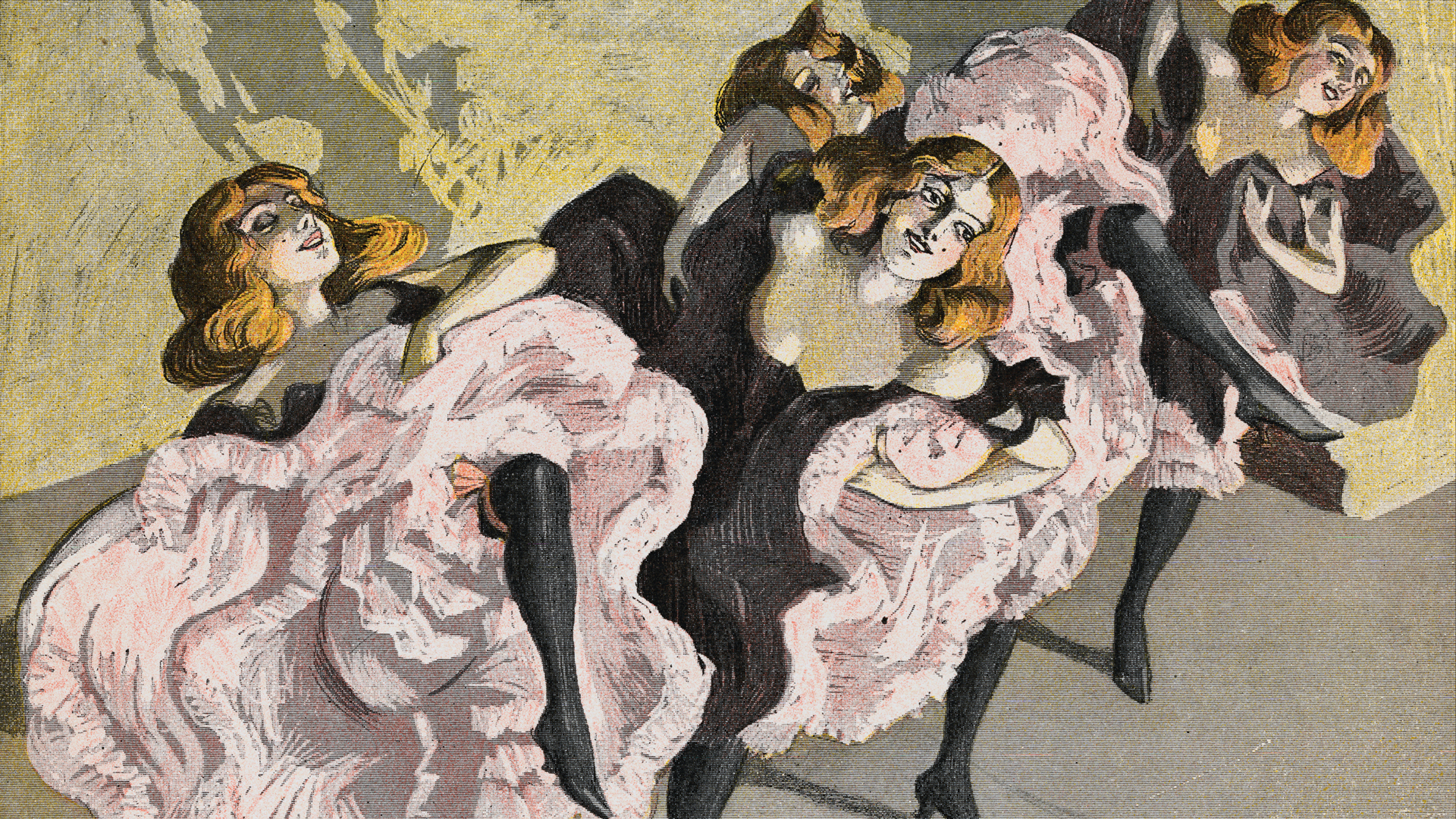You may not have heard of the composer Jacques Offenbach, but you will certainly know at least one of his pieces.
Offenbach, whose 200th anniversary falls this year, wrote the energetic melodies associated with the can-can, that high-kicking dance famously linked with exposed pantalettes, French music halls and the Belle Époque. The music comes from a scene in Offenbach’s operetta Orpheus in the Underworld (1858), although it was originally written for a dance known as the Galop. Offenbach’s music is widely celebrated in programmes this season, particularly in the composer’s native Germany and adopted home country, France. (He was born ‘Jacob’ and changed his name to Jacques, as well as writing most of his stage works in French.)
As part of the commemorations, Buckinghamshire-based Garsington Opera hosts the UK premiere of Offenbach’s operetta Fantasio (June 14-July 20), alongside productions of The Bartered Bride, Don Giovanni and The Turn of the Screw. Fantasio tells the story of Princess Elsbeth, who is about to enter into an unwanted arranged marriage. We find the princess distracted and grieving over the death of her favourite court jester. Outside the castle, a commoner called Fantasio has fallen in love with Elsbeth. He adopts the identity of the jester to gain access to the royal inner circle, ruining the planned wedding – but at a cost. The operetta – a humorous, light-hearted type of opera, for which Offenbach is credited as creator – has elements of farce, and Garsington’s director Martin Duncan has underlined the comedy in this brand new show, with a fresh English translation by Jeremy Sams.
The show promises to transport London Coliseum audiences to a hedonistic, party-filled Underworld
Curators elsewhere are keen to show that they can do the can-can, too. This summer’s Last Night of the Proms (September 14 at London’s Royal Albert Hall and broadcast live on BBC Radio 3) includes the overture to Orpheus in the Underworld, performed by the BBC Symphony Orchestra under Sakari Oramo. English National Opera is staging the full operetta (October 5 to November 28), which promises to transport London Coliseum audiences to a ‘hedonistic, party-filled Underworld’. Sign me up.
While Offenbach was inspired by fairytale and fantasy (Orpheus and the Underworld is based on the ancient story of the titular character and Eurydice, who is fooled into taking Pluto, ruler of the Underworld, as her lover after her new marriage to Orpheus is broken through tragedy), modern-day composers seek inspiration in more unlikely subjects. Composer Robert Reid Allan’s latest work is based on school PE lessons (even typing those last few words evokes a visceral reaction at the memory). Physical Education, scored for actor, video and ensemble, revisits the school gym (a place almost as terrifying as thbe cross-country field) and the various emotions it provokes – from a fond reminiscence of sporting success and pride in team work to the shame of those less talented and cripplingly self-conscious (hi there). The work also comments on the similarities between music and sport, noting their physicality and the real-time pressures of concerts and matches. Allan is composer-in-residence with the Birmingham Contemporary Music Group (BCMG), who premiere the piece at Birmingham’s CBSO Centre, conducted by Tim Anderson (June 21).









